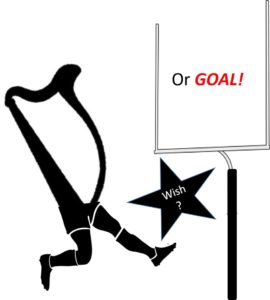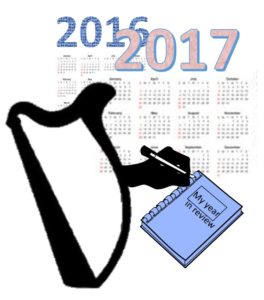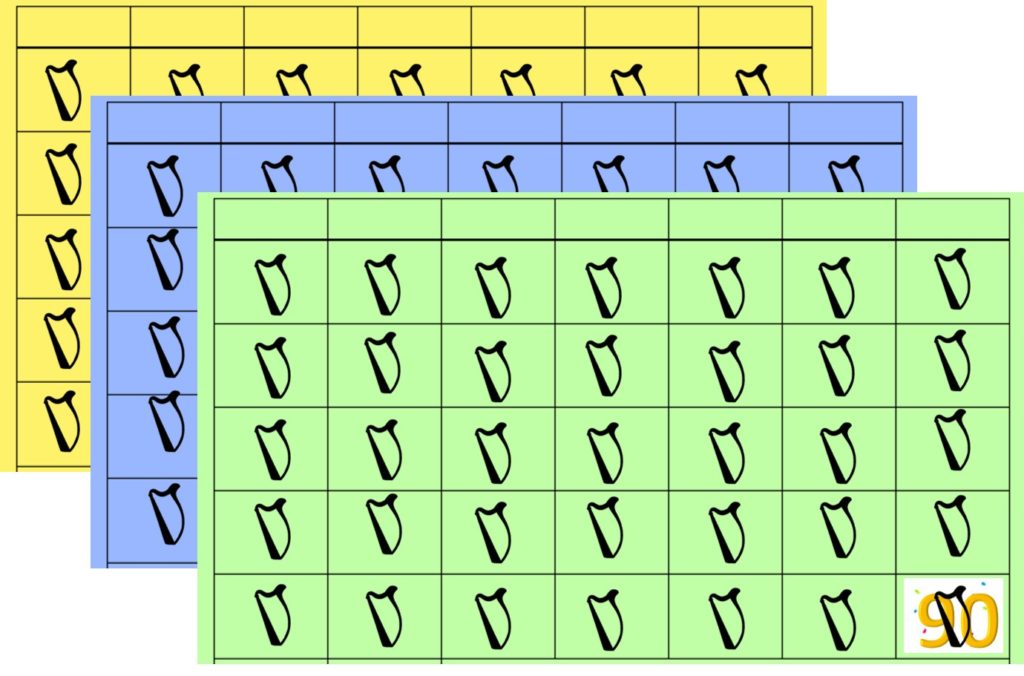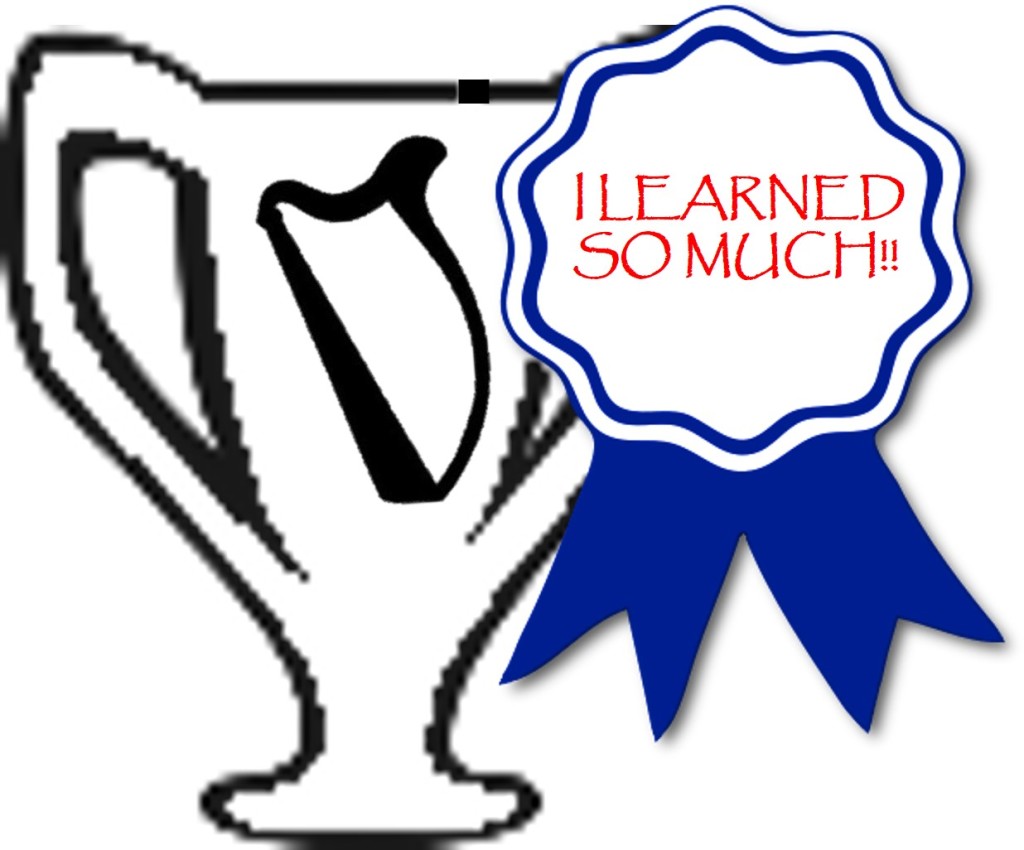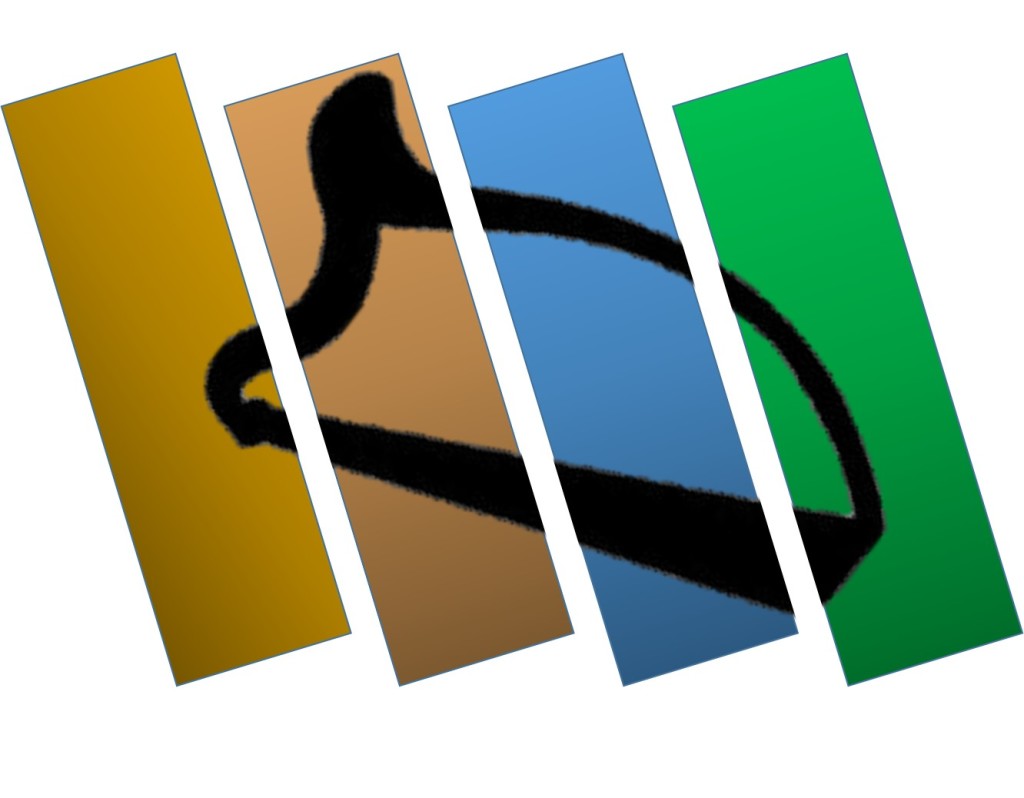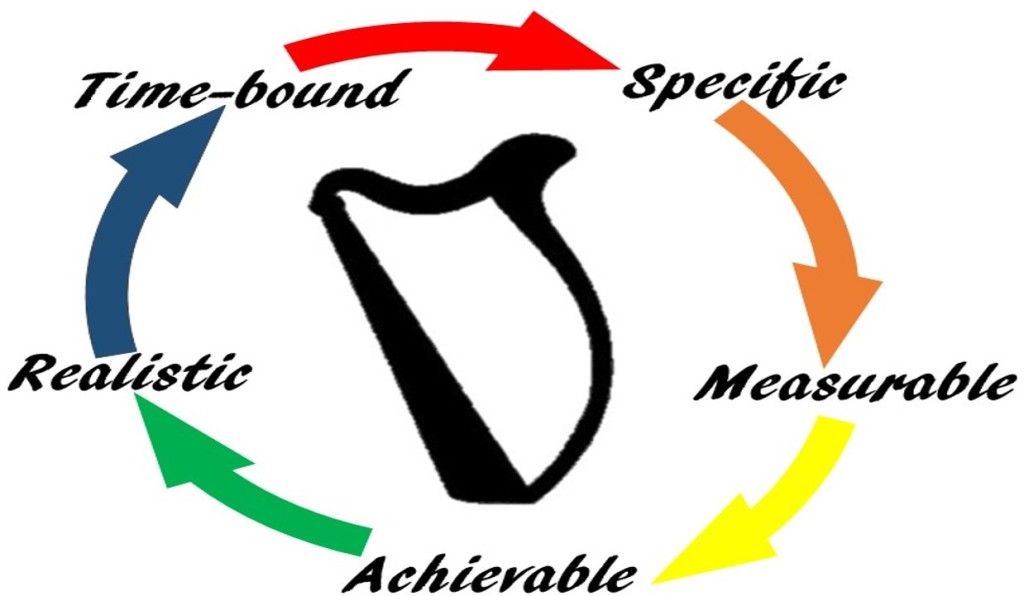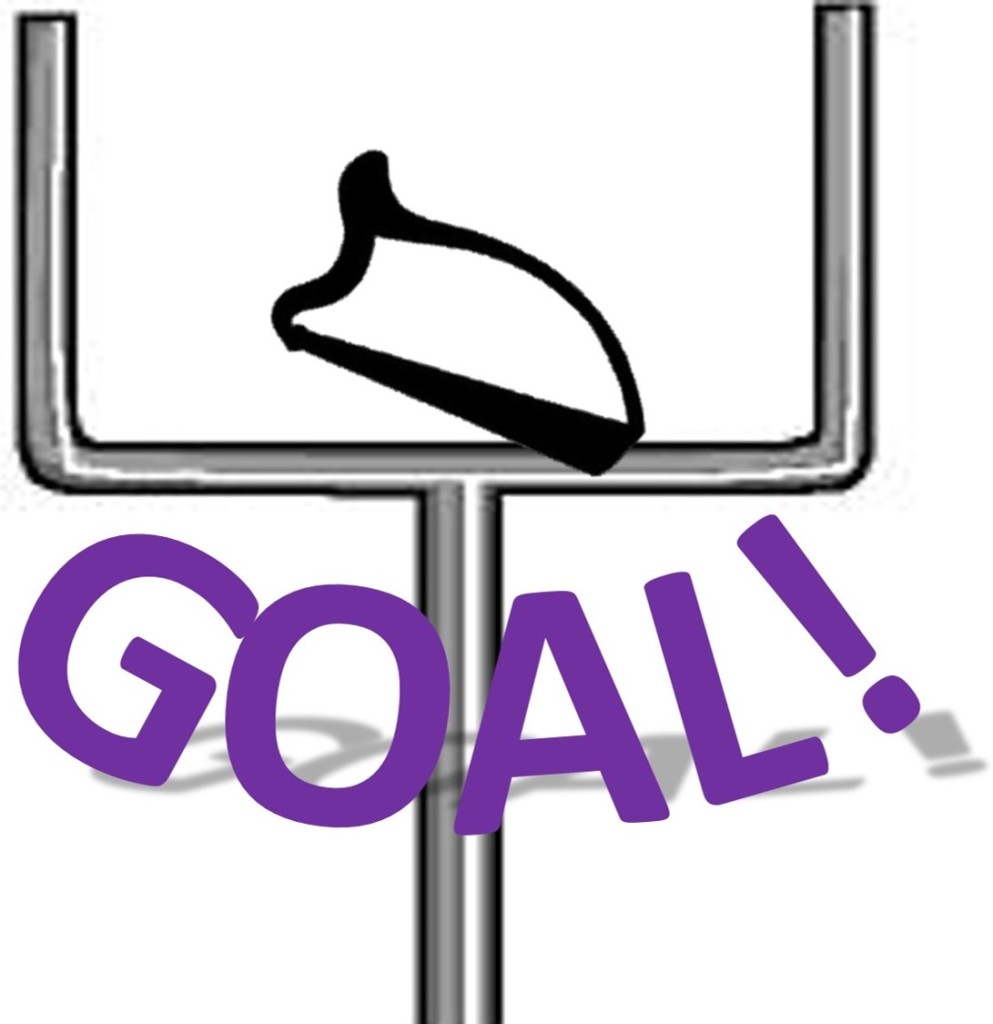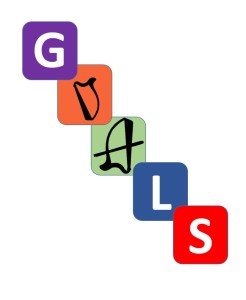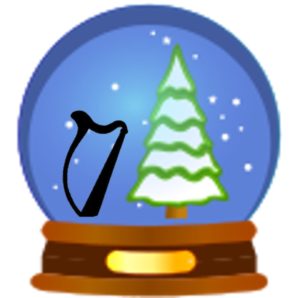It’s the beginning of a new year. Time to build on last year’s successes and set goals for the coming year. Call them goals or resolutions, they represent what you think is important for you to try to accomplish in the coming days, weeks or years.
Things you think are important to accomplish.
So, if these things are so important to you, how will you get there? Are you going to set goals or are you going to wish for something? Are you going to make it so or just hope something fortuitous occurs? In 354 days will you, upon looking back at this year, be proud and feel accomplished? Or will you be sad and dejected that what you thought was important has slipped by you, undone?
To help you be in that first group, take just one little step – Write -it- down!
Write down what you think is so important – the goals you want to set for this year. Write them all down – the ridiculous, the sublime, the ones you’re embarrassed to admit to – write them all down!
Then, sort through them. Pick out the few that really REALLY matter to you. Not the “should do” ones (you know, “practice every single day” or “lose 10 pounds) but the ones you really want to see yourself complete (you know, “host a harp circle” “learn that piece you have always admired”).
Then – here’ the crucial step – write those select items in your journal. Make sure they are with your daily work so you can remind yourself why you are working so hard. For those days when you forget where you mean to be going. For those days when you wonder why you ever started playing. For those days when you don’t particularly like your harp (you know we all have those days!). You have already started your 2017 harp journal, haven’t you?
Write it down, make it real. Because while wishes are nice – goals are real!

